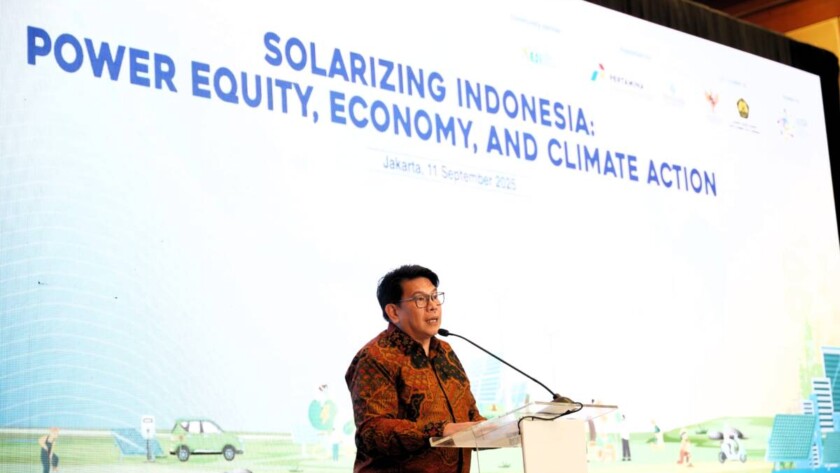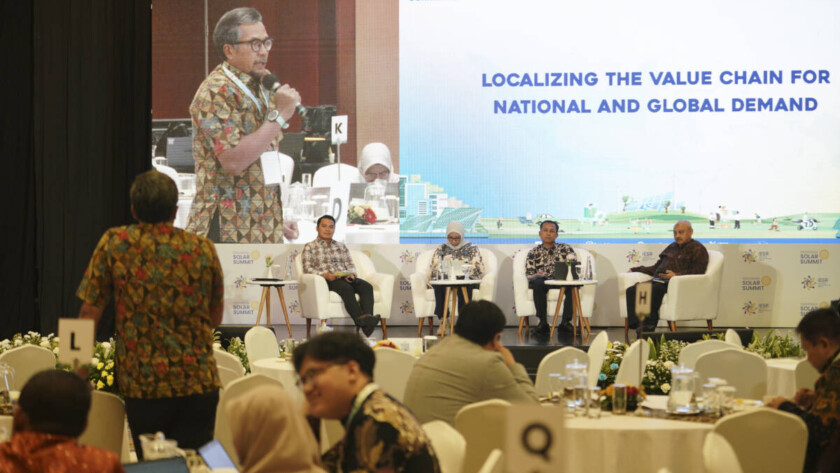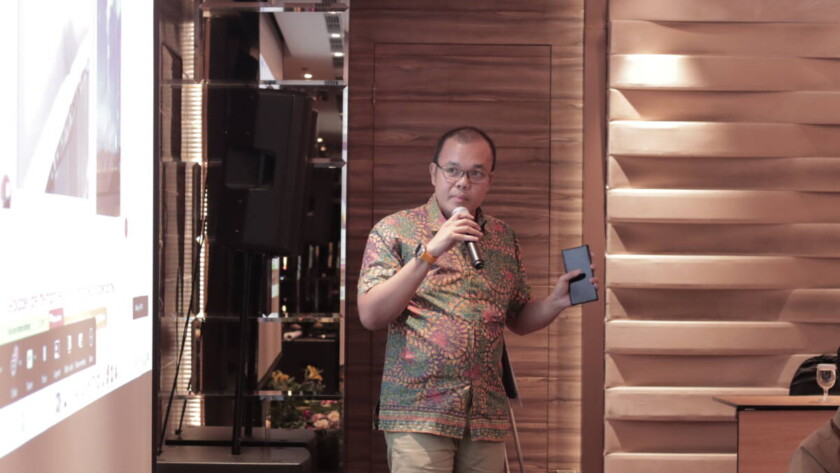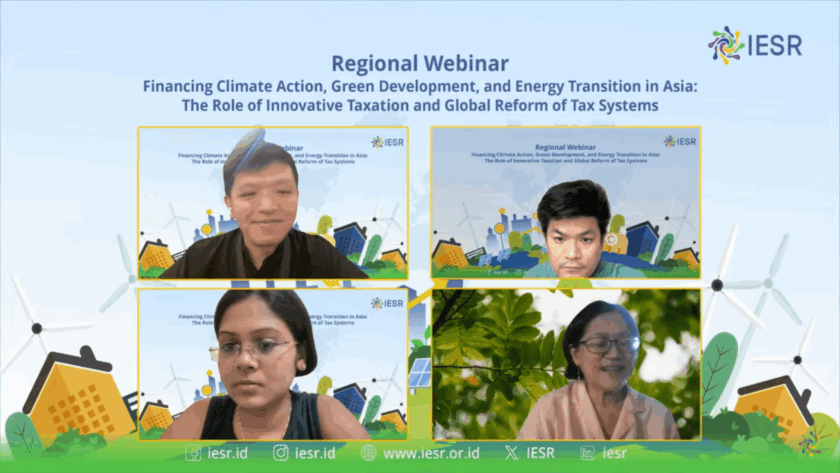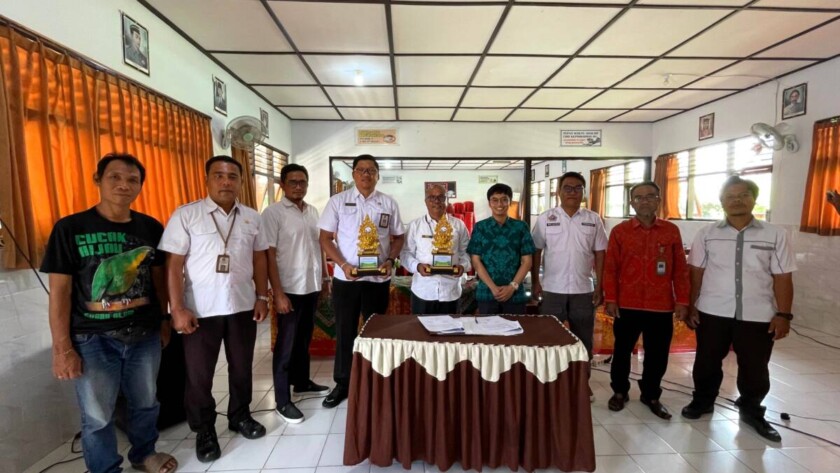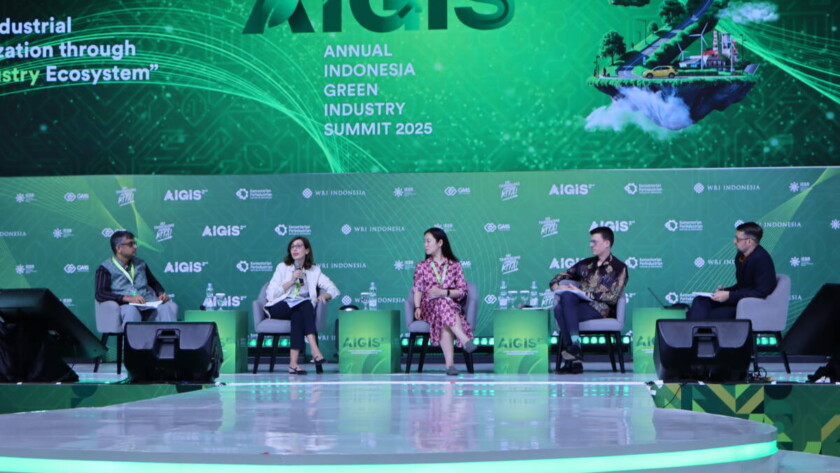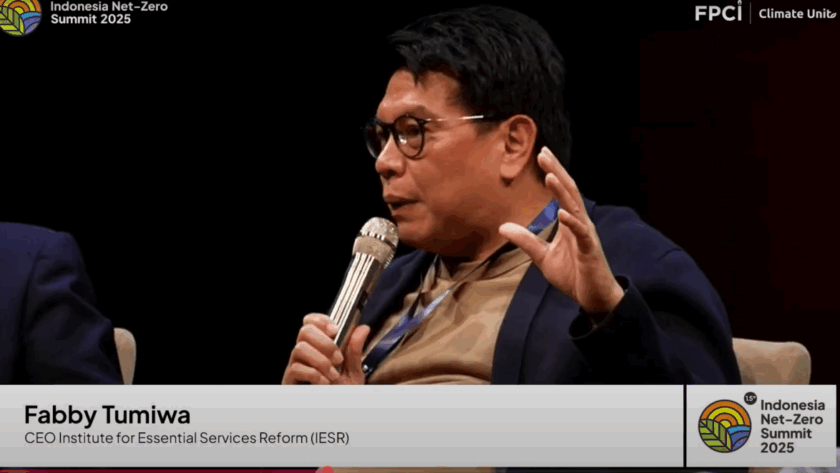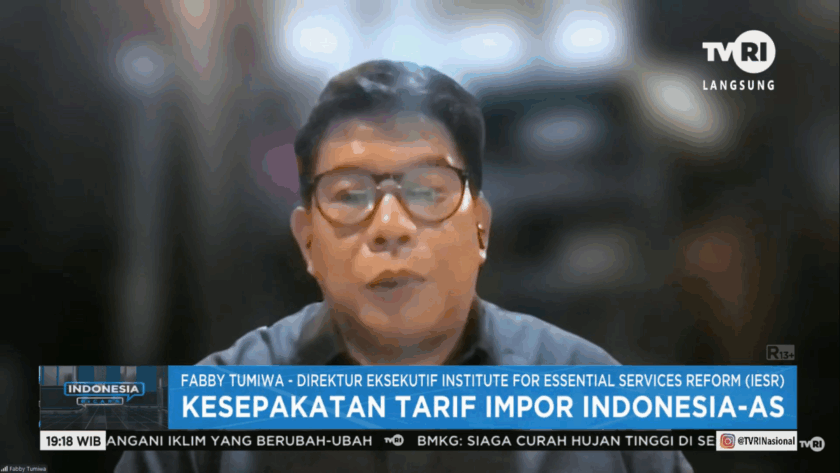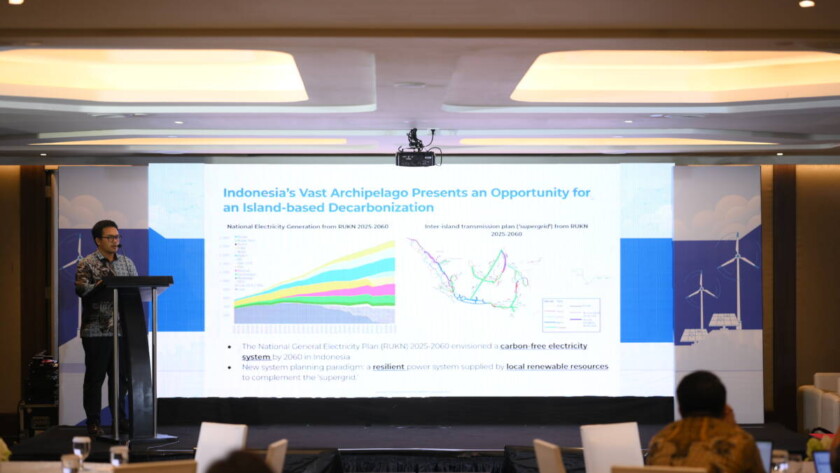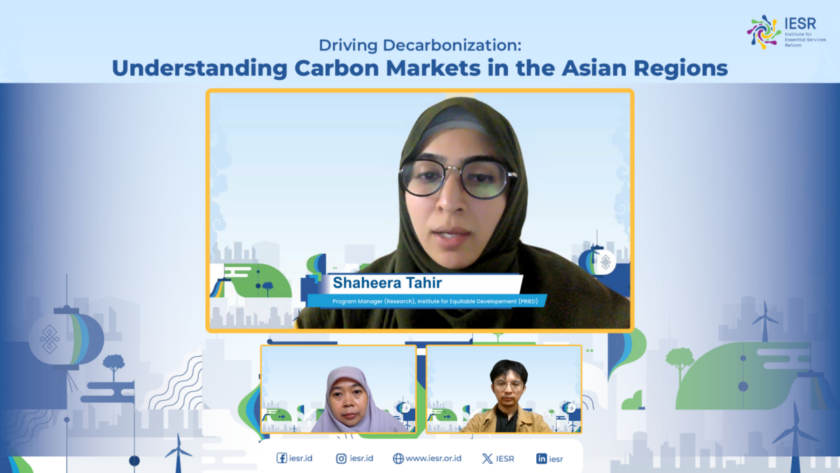Jakarta, September 11, 2025 - The impact of solar energy goes beyond providing access to electricity. It also fosters equity by enabling community participation in reducing emissions, driving the growth of new economies, and serving as a strategic solution to achieve climate goals. This vision underpins the Indonesia Solar Summit (ISS) 2025 (9/11/2025) in Jakarta,…
